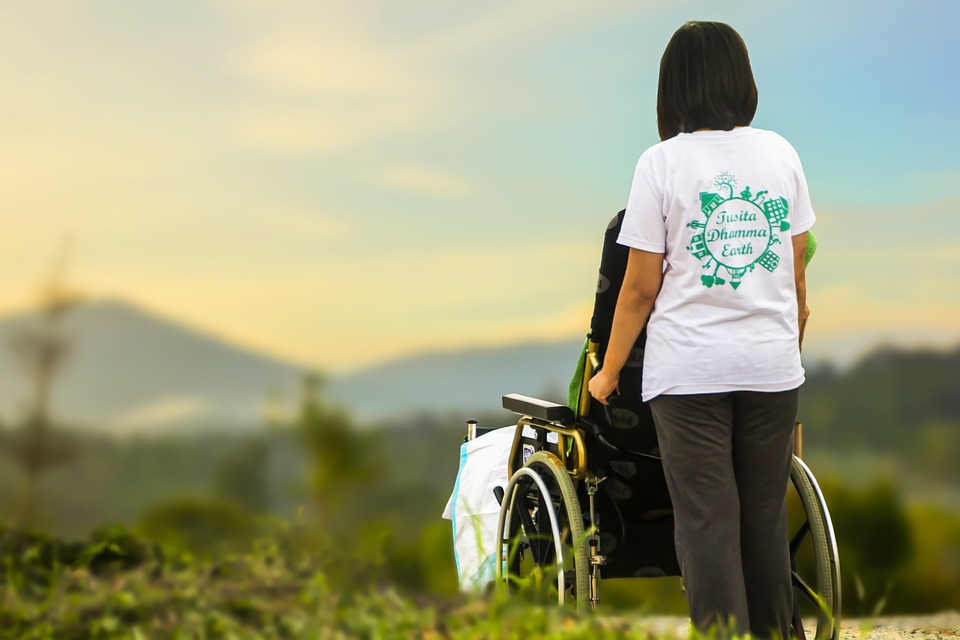
Nursing home abuse is a deeply concerning issue that affects thousands of elderly individuals across the world, and some data on nursinghomelawcenter.org points to a rise in this issue. Families, caregivers, and society as a whole need to take steps to prevent and address this problem. In this article, we will discuss various strategies to prevent nursing home abuse, ensuring the safety, well-being, and dignity of our elders.
Educate Yourself and Your Family
Education is a crucial first step in preventing nursing home abuse. Understand the different forms of abuse, including physical, emotional, sexual, and financial exploitation. Learn to recognize the signs and symptoms, such as unexplained injuries, withdrawal, or sudden changes in financial circumstances. Educate your family members and friends to create a network of informed individuals who can help protect your loved ones. Attend workshops, seminars, and support groups focused on elder care and abuse prevention to strengthen your knowledge and resources.
Thoroughly Research Nursing Homes
Before choosing a nursing home, conduct thorough research on the facility's reputation, staff experience, and licensing. Visit the facility in person and ask for a tour. Observe the staff's interactions with residents, the cleanliness of the facility, and the overall atmosphere. Check for any history of complaints, violations, or abuse allegations. Online reviews and state licensing agencies can provide valuable information during this process. Furthermore, inquire about staff-to-resident ratios, staff training, and turnover rates, as these factors can contribute to the quality of care provided. Consider consulting with a geriatric care manager or elder care attorney for additional guidance.
Maintain Regular Communication
Maintaining regular communication with your loved ones in a nursing home is vital. Frequent visits or calls can help you monitor their well-being and detect any signs of abuse. Encourage them to share any concerns or problems they may be experiencing. Open communication can provide reassurance and a sense of security, making it less likely that abuse goes unnoticed. Additionally, familiarize yourself with the staff and build relationships with them, as this can foster a culture of trust and accountability. Establishing a family council within the nursing home can also create a support network for residents and their families.
Advocate for Your Loved Ones
Be an active advocate for your loved ones. Attend care plan meetings, ask questions about their treatment, and establish a relationship with the nursing home staff. By being involved, you can ensure that your loved one's needs are met and that they receive the appropriate level of care. Familiarize yourself with their rights as nursing home residents, and empower them to assert these rights when necessary. Work with local and national advocacy groups to stay informed about policy changes and initiatives aimed at improving elder care.
Encourage Independence and Involvement
Promote your loved one's independence by encouraging them to participate in activities, socialize with other residents, and maintain a sense of control over their lives. This can help reduce feelings of isolation and vulnerability, which often contribute to nursing home abuse. Encourage the nursing home to offer a variety of activities and programs tailored to residents' interests and abilities, fostering a sense of community and belonging. Support the creation of resident councils to empower residents and promote self-advocacy.
Implement and Promote Technology
Technology can play a significant role in both general healthcare and specifically preventing nursing home abuse. Encourage the use of monitoring devices, such as cameras in common areas, to ensure transparency and deter potential abusers. Additionally, promote the use of telemedicine and remote monitoring to facilitate regular check-ins with healthcare professionals, ensuring consistent and high-quality care. Explore technologies like wearable devices to monitor residents' health and safety and communication tools to help residents stay connected with their families and friends.
Foster a Culture of Accountability
Encourage nursing homes to implement policies and procedures that promote accountability. This includes thorough background checks for staff members, ongoing training in abuse prevention and detection, and the creation of a safe environment for residents to report concerns. Work with nursing home administrators to establish clear guidelines and protocols for addressing abuse allegations and ensuring swift action when abuse is reported.
Report Suspected Abuse
If you suspect nursing home abuse, do not hesitate to report it. Contact your local Adult Protective Services or the appropriate state agency responsible for regulating nursing homes. Reporting abuse is crucial for ensuring the safety of your loved ones and other residents. Familiarize yourself with the reporting process and the steps taken following a report to ensure proper follow-up and resolution.
Conclusion
Preventing nursing home abuse is a collective responsibility. Remember, each step taken to prevent abuse is a step towards safeguarding the dignity and well-being of our elders. Together, we can make a difference and ensure that our loved ones are treated with the respect and compassion they deserve.